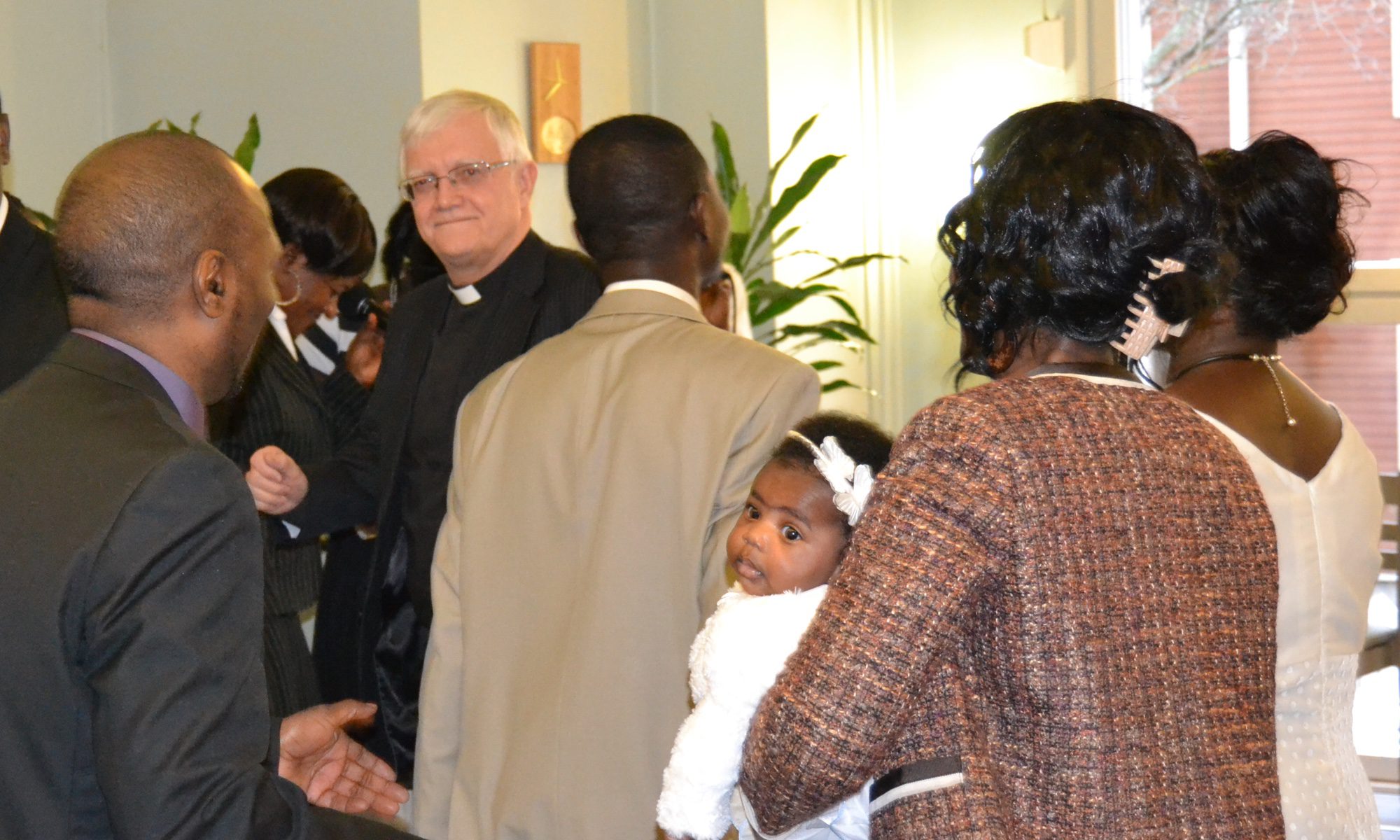Introduction
This piece of writing discusses the Psalmist´s conception of man´s relationship with God and the creation as pertains to his position and authority. The Psalmist´s question of “What is man, that thou art mindful of him? and the son of man, that thou visitest him?” is discussed with reference to scriptures.
What is Man?
Man (i.e. both male and female) was created by God to take care of their ambiance or environment. This environment consists of all things- both living and non-living that exist. In the creation account, Moses writes that:
“And God said, Let us make man in our image, after our likeness: and let them have dominion over the fish of the sea, and over the fowl of the air, and over the cattle, and over all the earth, and over every creeping thing that creepeth upon the earth” (Gen 1:26).
It is true that David has the above scripture in mind when he wrote that:
“What is man, that thou art mindful of him? and the son of man, that thou visitest him? For thou hast made him a little lower than the angels, and hast crowned him with glory and honor. Thou madest him to have dominion over the works of thy hands; thou hast put all things under his feet: All sheep and oxen, yea, and the beasts of the field; The fowl of the air, and the fish of the sea, and whatsoever passeth through the paths of the seas” (Psa 8:4-8).
The authority and the power conferred on man is so great to the extent that the whole universe is under him. However, man, in his insignificance and smallness, a greater glory has been bestowed on him, and he is endowed with the highest dignity.
A Little Lower than Angels
Paul applies the scripture in Psalms chapter 8 to Christ Jesus. He writes that:
“Thou madest him a little lower than the angels; thou crownedst him with glory and honor, and didst set him over the works of thy hands: But we see Jesus, who was made a little lower than the angels for the suffering of death, crowned with glory and honor; that he by the grace of God should taste death for every man” (Heb 2:7-9).
It is here understood that the language Paul used finds its fulfillment only in the final exaltation of Christ’s human nature. Jesus was made a little lower than Angels because He was given a restricting tabernacle, that is His body that was given Him at His incarnation. This body is subject to pain, suffering, and death, but Angels are more glorious by virtue of their being immaterial and powerful. However, when Jesus resurrected, He was given back His glory (Joh 17:5) because He could no longer be restrained by His human body (Joh 20:19).
There is no limit to the “all things” mentioned, for God has put all things under Christ. Peter indicates that all things, including principalities and powers, have been put under the feet of Christ Jesus. They have been made subject to the Lord of Lords (1Pe 3:22).
In order of dignity and honor, man was placed next to the angels, and a little lower than them. This was accomplished in the life of Christ Jesus because He was made a little lower than the angels by the suffering he endured. Man, in the Garden of Eden, had the full command of all creatures (Psalms commentary: The treasury of David).
Jesus Christ, who, being in the form of God, and equal with God, in a moment, emptied Himself and made Himself of no reputation. It was by reason of this that He has been highly exalted, and given a name that is above all names (Php 2:6-9).
Conclusion
Jesus, having been born of a woman, was made a little lower than Angels in power and glory. But when He laid down His body down and took on a new and a glorifying body at His resurrection, He received back the glory that he had before His incarnation.
Prayer: May the Lord God enlighten us to comprehend our new position in Him so that we would be able to take authority over those things which entangle us. In the name of Christ Jesus, our Lord. AMEN!

